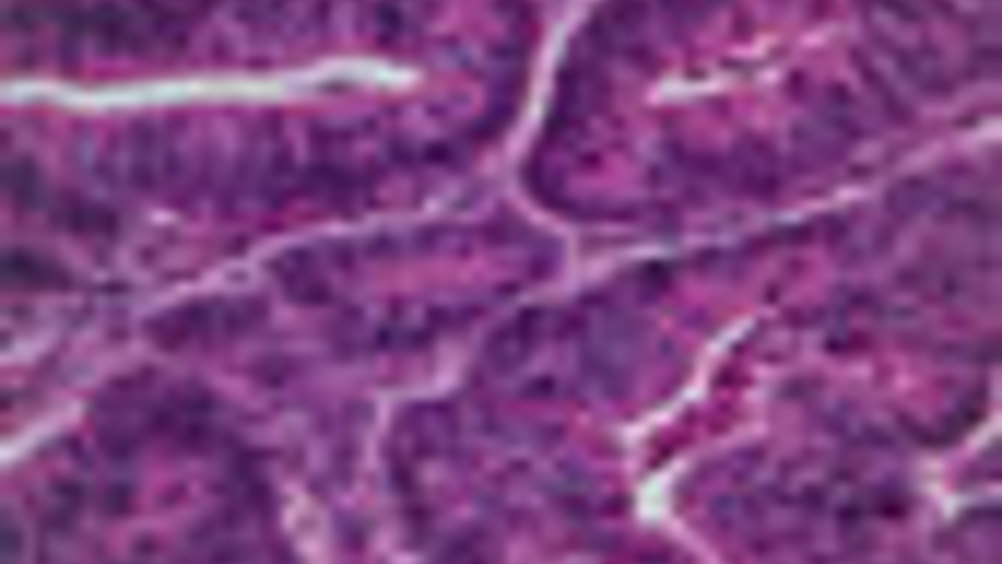Metastasis on a microchip
A lab-on-a-chip developed at Twente University will enable doctors to choose the right type and dosage of medication for cancer patients, and could help identify a mechanism to stop cancer spreading.

A lab-on-a-chip developed at
in The Netherlands will enable doctors to choose the right type and dosage of medication for cancer patients, and could help identify a mechanism to stop cancer spreading.
Dr Floor Wolbers, a scientist in the Lab-on-a-Chip group of the MESA+ Institute for Nanotechnology at Twente, developed the microfluidic chip as a diagnostic tool and a way to screen different drugs. It does this by allowing the doctor to examine cell death, a process called apoptosis.
In apoptosis of healthy tissue, dying cells break away from their colony, a process called anoikis. Cancer cells may release themselves but survive to migrate elsewhere to invade other tissues, a process known as metastasis.
'We wanted to look to see if the mechanism of apoptosis is changed, for example between normal cells or cancer cells, and how they respond in the presence of different drugs,' said Wolbers. 'So drug A can have a certain response, but B can have a totally different response. By using the patient's own cells, you can test which of these drugs will provide the best therapy.'
Register now to continue reading
Thanks for visiting The Engineer. You’ve now reached your monthly limit of news stories. Register for free to unlock unlimited access to all of our news coverage, as well as premium content including opinion, in-depth features and special reports.
Benefits of registering
-
In-depth insights and coverage of key emerging trends
-
Unrestricted access to special reports throughout the year
-
Daily technology news delivered straight to your inbox










Water Sector Talent Exodus Could Cripple The Sector
Well let´s do a little experiment. My last (10.4.25) half-yearly water/waste water bill from Severn Trent was £98.29. How much does not-for-profit Dŵr...